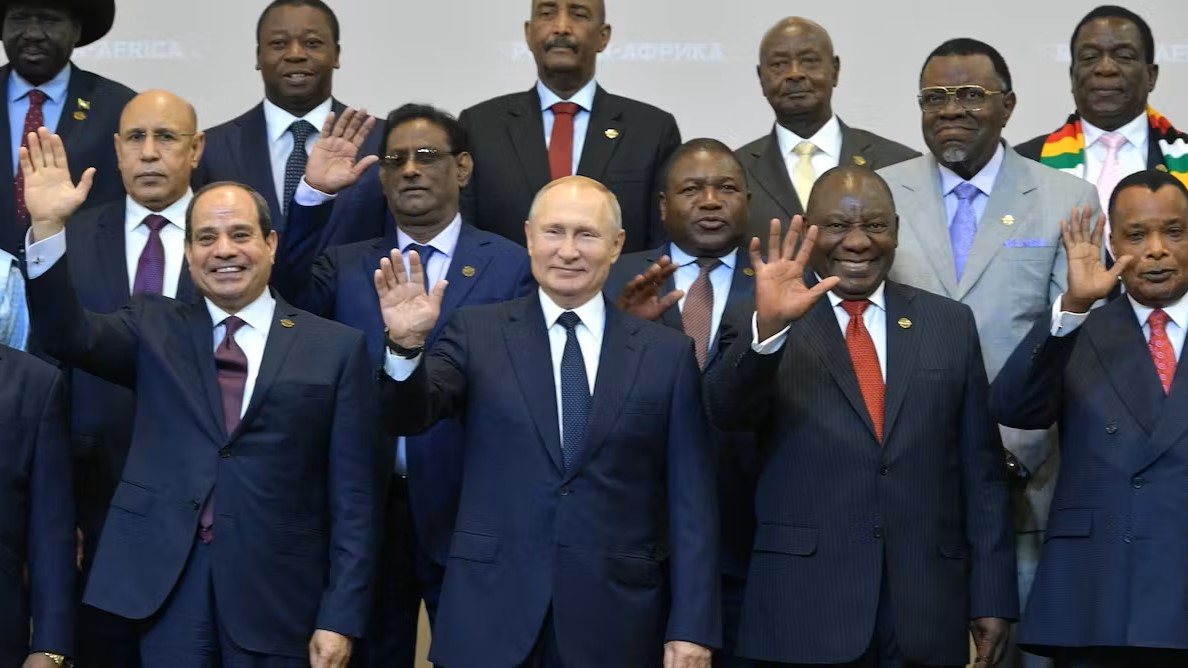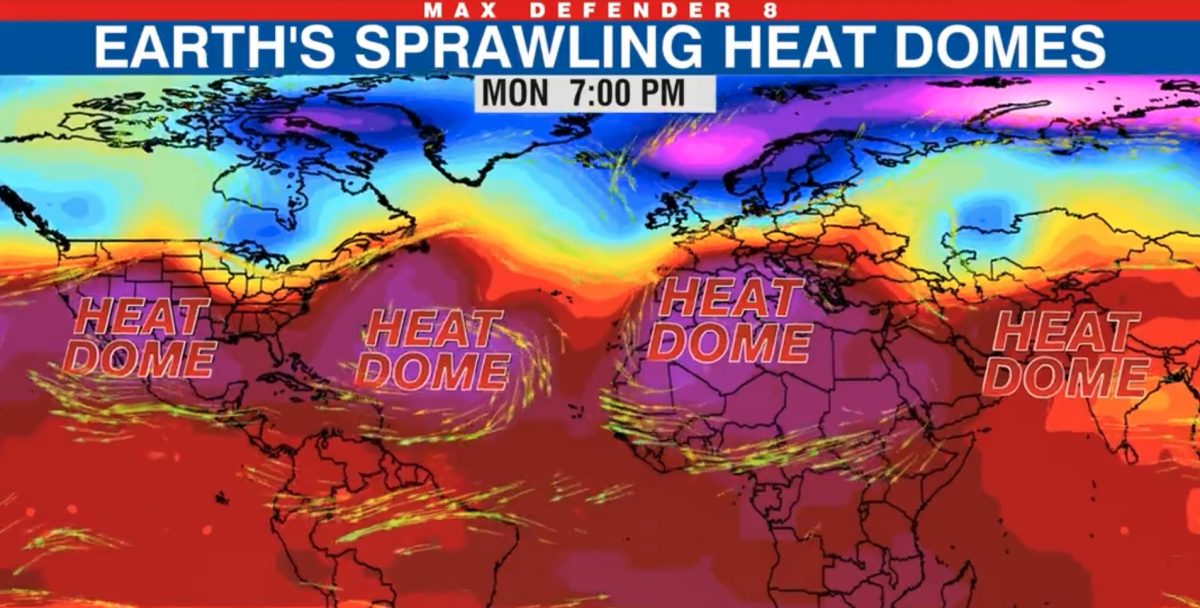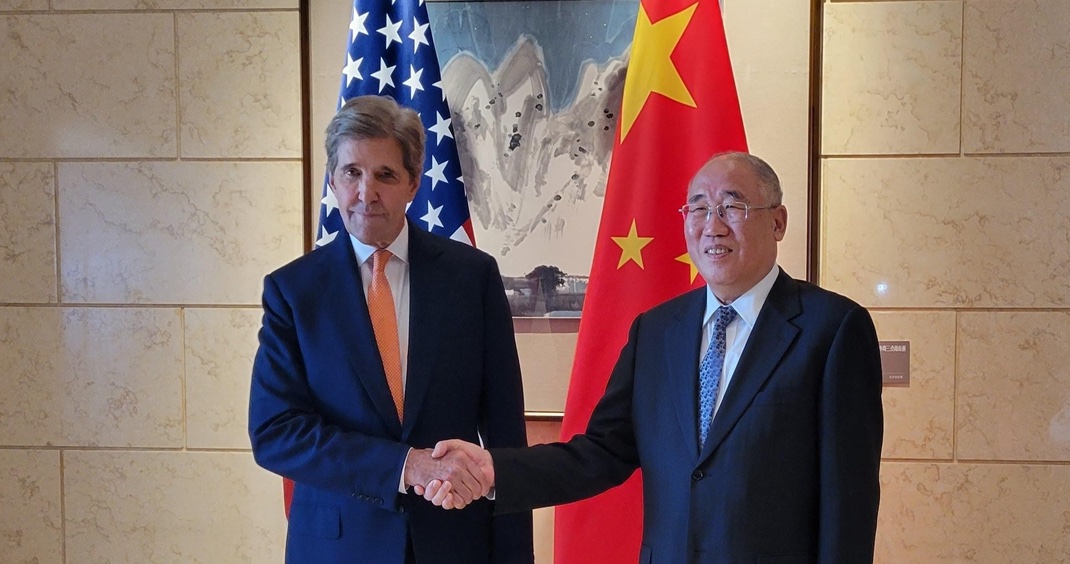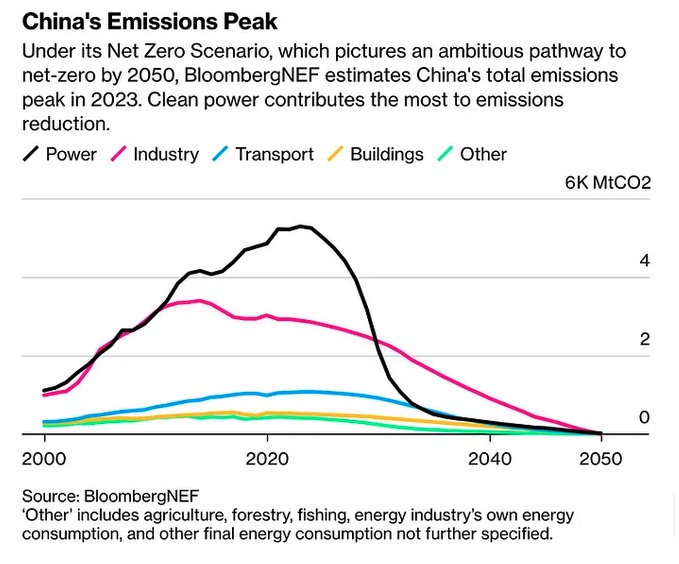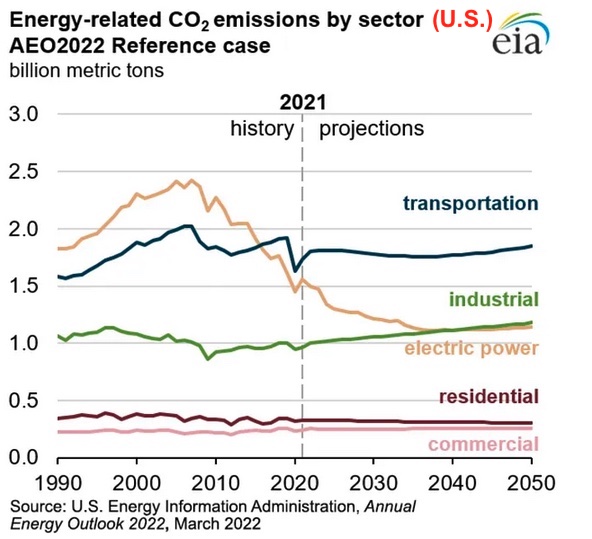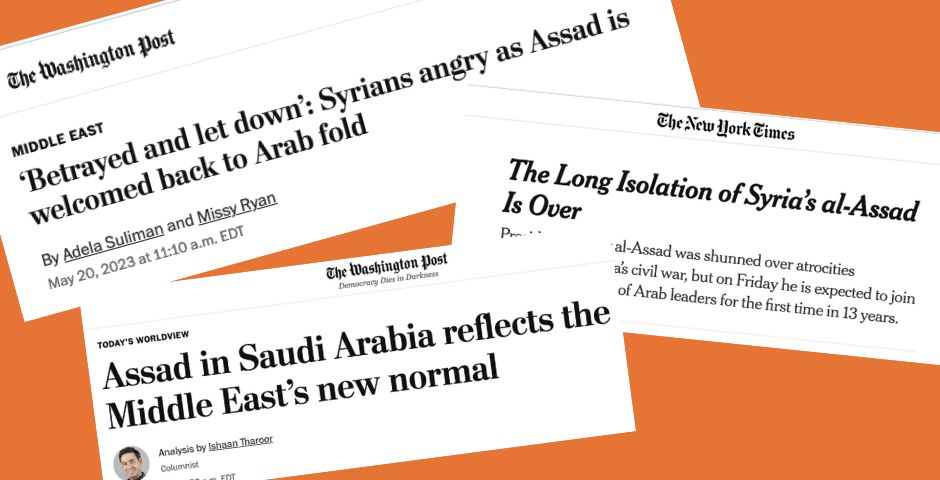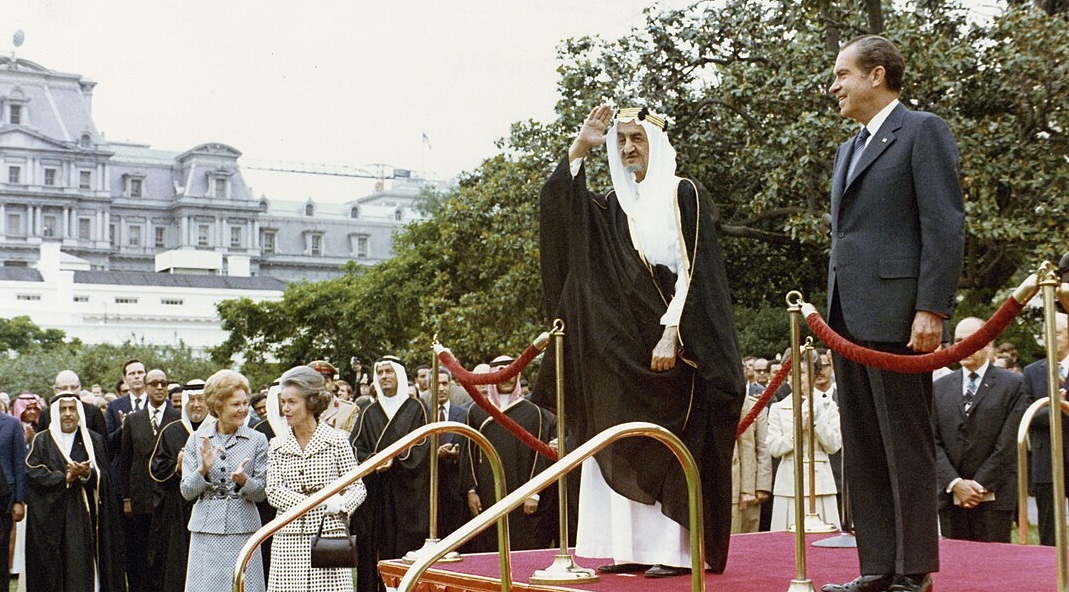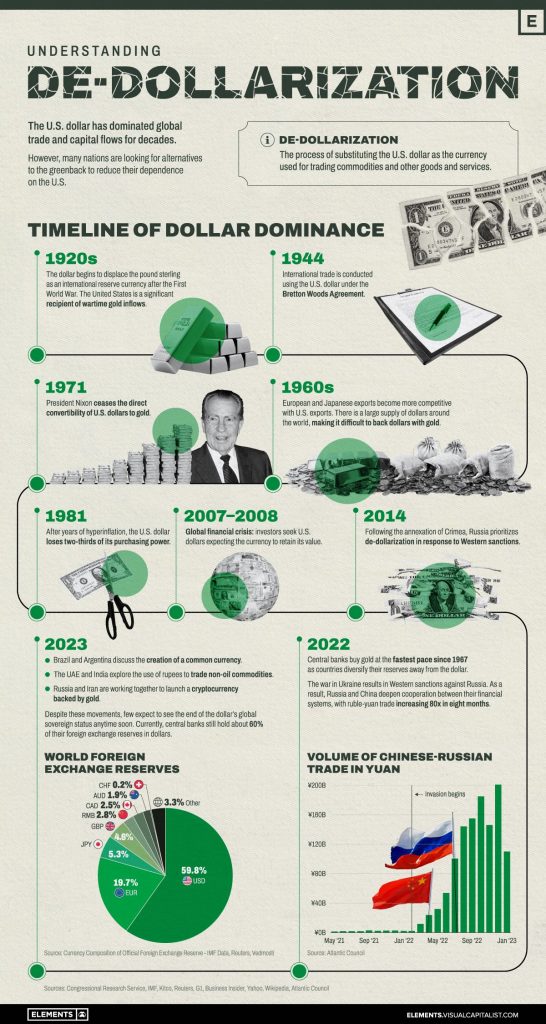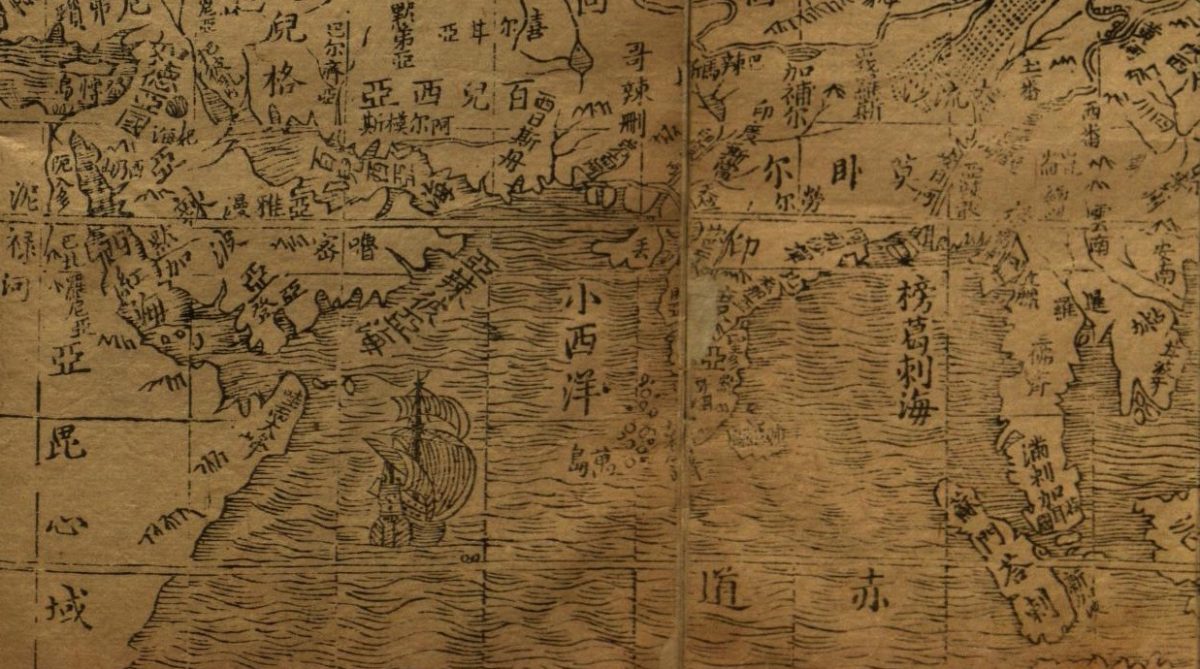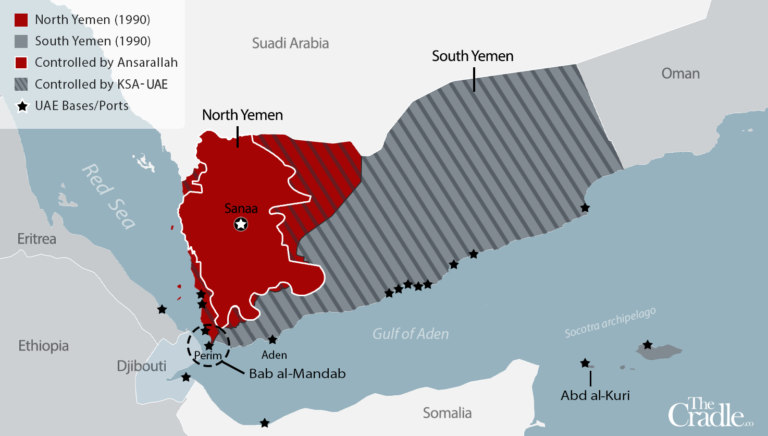The image above shows a Liebherr mining excavator and associated truck. Such an excavator can weigh > 800 tons and produce 4,000 horsepower
The crisis that our climate is in is now evident to all. It reminds us of the extreme risks humankind ran by failing to rein in our emissions of CO2 and other greenhouse gases. Many of us have long understood that fossil fuels that exist in limited quantities—and that as humankind draws those fuels down toward “empty” we will need to have in place robust energy systems based on renewables. But there are three other broad types of planetary resources whose depletion by humans is now also close to crisis point. These three categories are: metals, non-metallic minerals, and biomass.
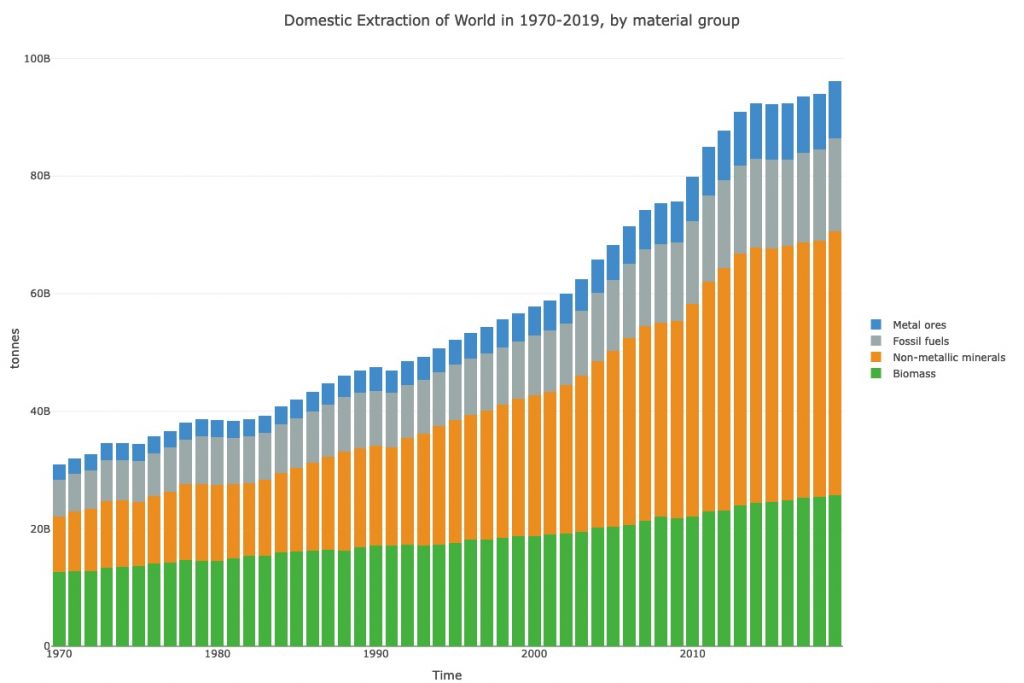
This graph from the University of Vienna’s excellent Materialflows.net website tracks the annual global extraction of all of these four resource categories over the half-century 1970-2019, measured in billions of tonnes. In those years, the annual extraction of fossil fuels (grey) increased by around 150%. But the annual extraction of of metals (blue) and non-metallic minerals (orange) both increased by around 350%.
The world population of humans increased by 110% in that period—which was roughly proportional to the increase in the extraction of biomass, shown there in green.
By the way, sustainability scientists calculated a while back that 50 billion tonnes of total annual resource extraction is roughly what’s sustainable over the long haul. We breached that limit in the mid-1990s and are now close to extracting twice that amount.
Continue reading “A global resource crunch little understood by Americans”

